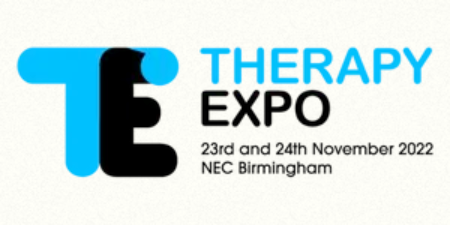 BASRaT is proud to partner with Therapy Expo this year and has nominated speakers across a range of topics, including: women’s health; persistent pain; S&C in non-elite populations; MSK ultrasound and many more.
BASRaT is proud to partner with Therapy Expo this year and has nominated speakers across a range of topics, including: women’s health; persistent pain; S&C in non-elite populations; MSK ultrasound and many more.
The BASRaT team is looking forward to meeting more of our registrants in person. Therapy Expo takes place 23 – 24 of November 2022 at Birmingham NEC.


 “MSK Across Multi-Disciplinary First Contact Care”
“MSK Across Multi-Disciplinary First Contact Care”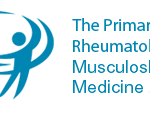
 Tuesday 31 May, 7 – 8:30pm
Tuesday 31 May, 7 – 8:30pm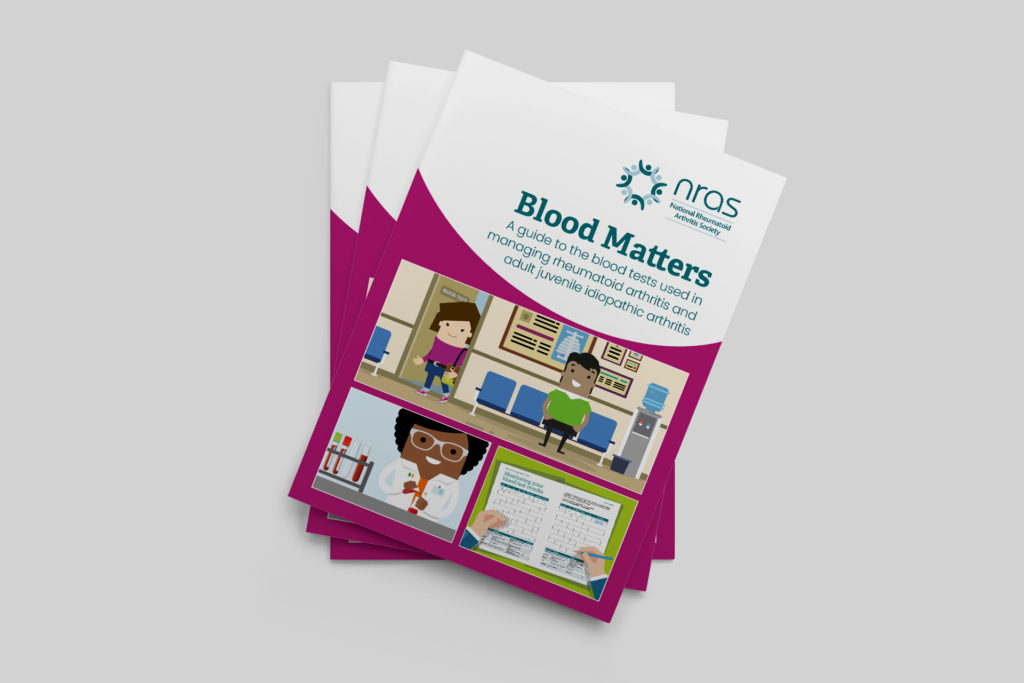
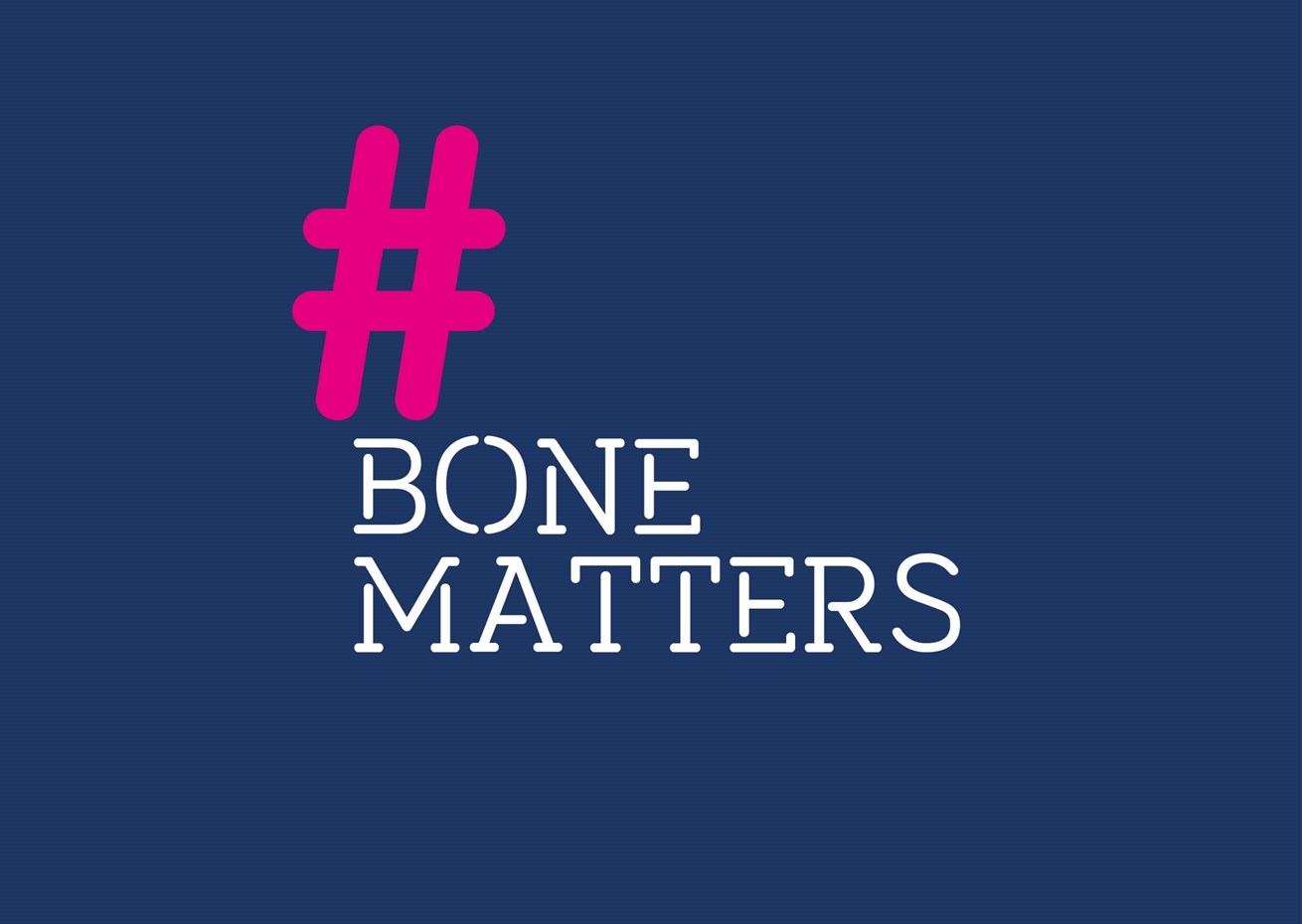
 Guest blog by Chantal Lyons. This essay was the national selection entry winner for the UK for the Edgar Stene Prize 2022
Guest blog by Chantal Lyons. This essay was the national selection entry winner for the UK for the Edgar Stene Prize 2022
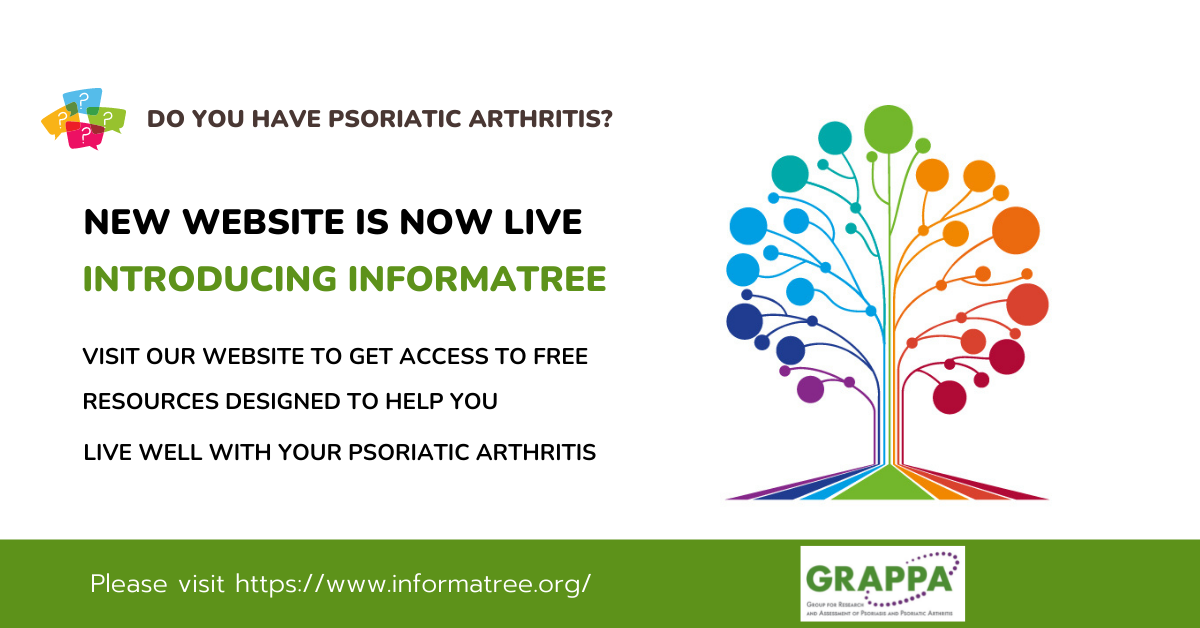 The
The 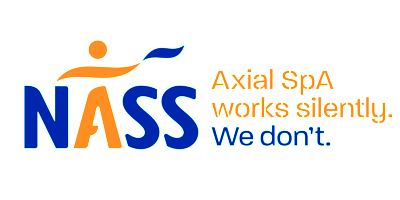
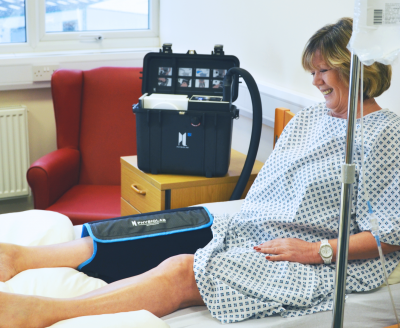

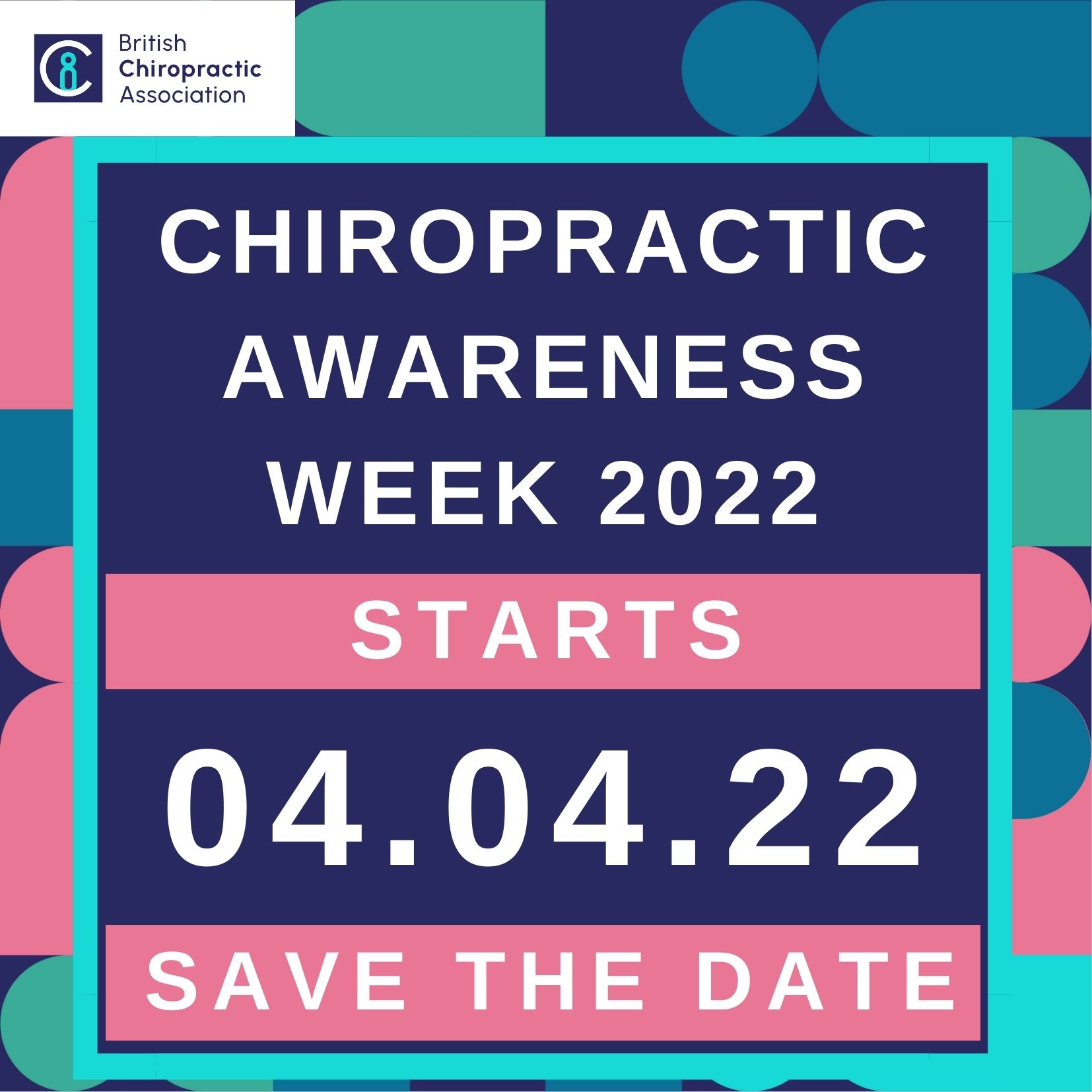 Chiropractic Awareness Week, hosted by the British Chiropractic Association, starts on Monday 4 April
Chiropractic Awareness Week, hosted by the British Chiropractic Association, starts on Monday 4 April